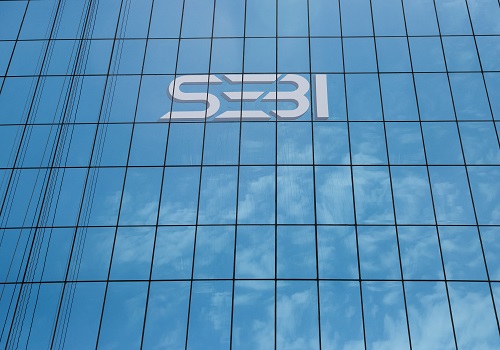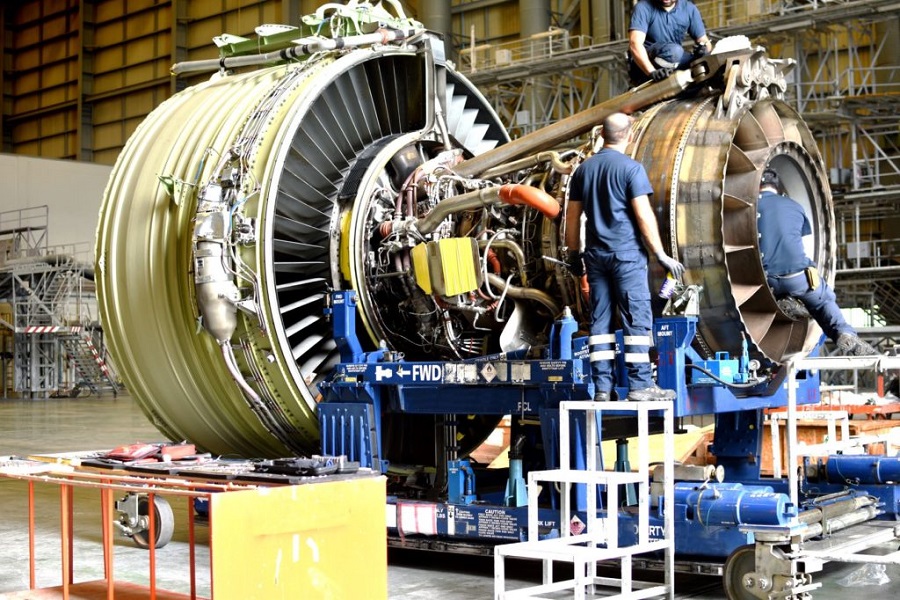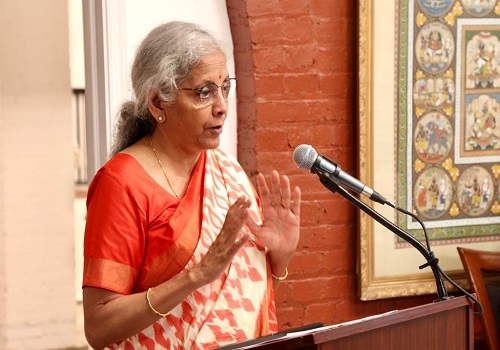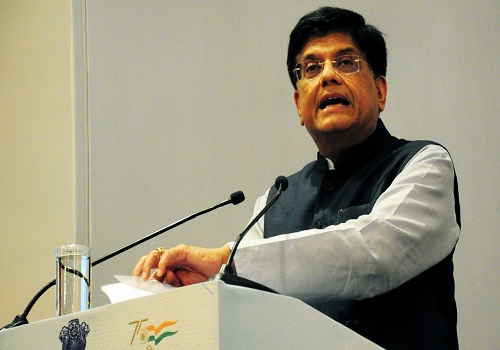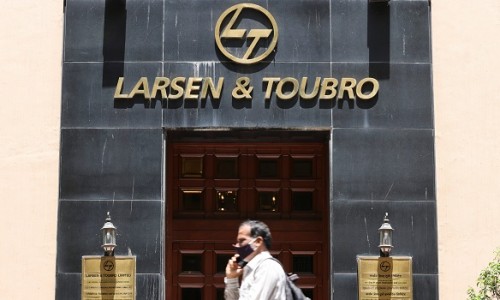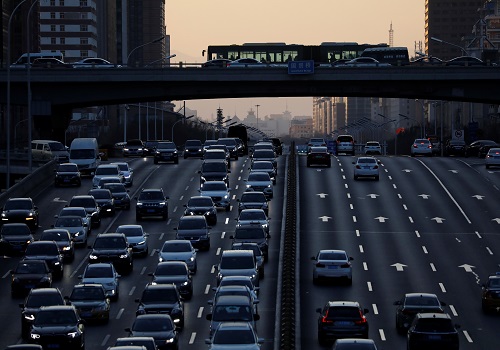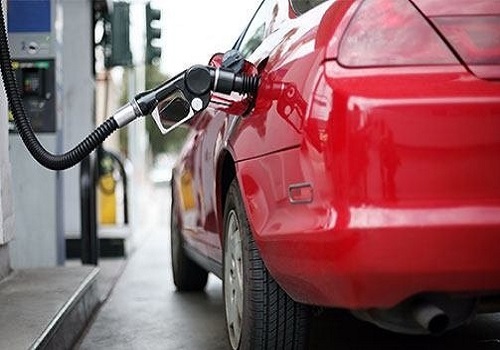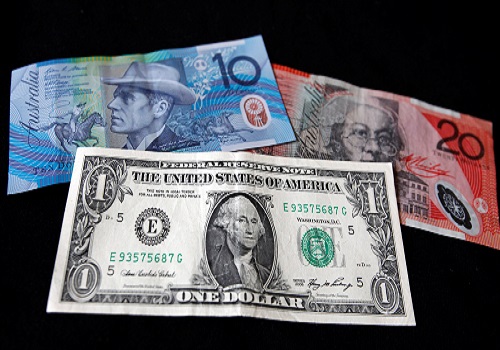Commodities trading powers Australia's Macquarie to a record profit
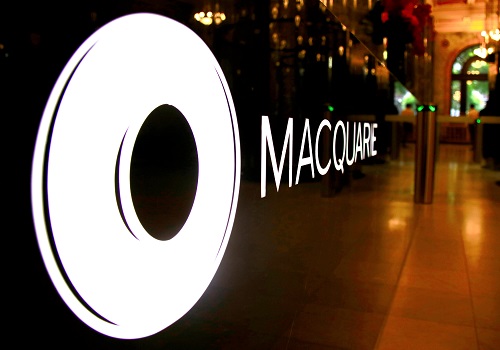
Follow us Now on Telegram ! Get daily 10 - 12 important updates on Business, Finance and Investment. Join our Telegram Channel
Australian financial services firm Macquarie Group posted a record annual profit, beating its guidance, as an earnings windfall from volatile energy, precious metals and currency markets offset weakness in some fee-based businesses.
Sydney-listed Macquarie said on Friday net profit rose 10.6% to A$3.02 billion ($2.35 billion) for the year to end-March, topping the 5-10% increase it foreshadowed two months earlier, as its commodities trading unit grew profit by 50%.
That overshadowed flat or lower contributions from elsewhere in Macquarie's global web of financial businesses, as the coronavirus pandemic hit profits from its aircraft leasing unit, pressured merger and acquisition fees and squeezed banking margins by driving interest rates to ultra-low levels.
The result shows the benefit of Macquarie's diverse global footprint which spans retail banking, M&A, infrastructure investment and commodities trading. It is the second-biggest gas marketer in North America, and earned big profits when U.S. winter storms cut off power for millions of people and drove up prices.
"That really speaks to the diversity of our portfolio," CEO Shemara Wikramanayake told Reuters by phone.
Wikramanayake said M&A activity has already started to rebound in the second half of 2020 from "no activity" in the early months of the coronavirus pandemic. Profit from Macquarie's banking unit was flat on the prior year but weighted toward the second half as deposits grew, she added.
Shares of Macquarie rose as much as 1% to A$160, close to a record high, before reversing course to be down 0.6% by late afternoon, against a higher overall market.
Sean Sequeira, chief investment officer at Australian Eagle Asset Management, which has Macquarie shares, said the company's exposure to infrastructure investment ensured it was positioned to maintain profit growth.
"It's not what they're going to do in the next six months. The idea is to look at how they're going to continue to grow over the next three to five years," said Sequeira.
"There's nothing in the result that suggests that they will not continue to do what they've done in the past."
Wikramanayake declined to give earnings guidance, and cited the resurgence of COVID-19 infections in India - where Macquarie has about 2,000 of its 17,000 staff - as a sign the pandemic was still ravaging the global economy despite some upbeat indicators in the United States and Europe.
"We had thought we were out of this environment and now we're having a lot of staff horribly impacted there," she said. "Unfortunately it's still with us."
Macquarie declared a final dividend of A$3.35 per share, nearly double the previous year's A$1.80 per share payout.
($1 = 1.2852 Australian dollars)


